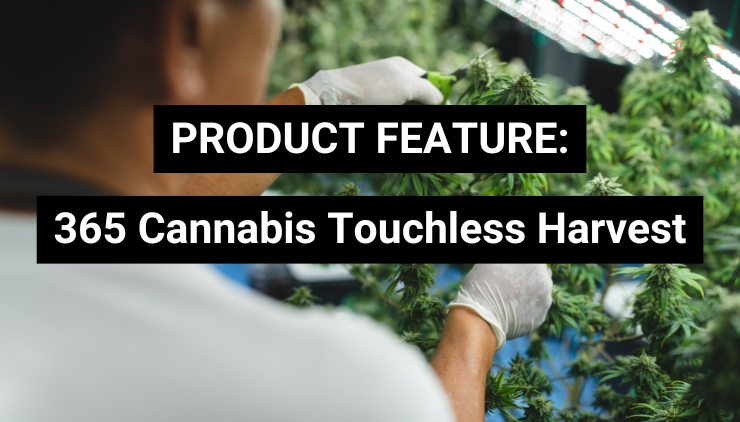The Cannabis Industry and 280E
Topic
Running a business in the cannabis industry is already a tricky operation to navigate, and this is without the extra hardships of marijuana being a controlled substance by federal law. In 1982, the congress enacted a law, §280E, that clarifies the lack of business deductions available to those who run a legal business with an illegal substance. How does this affect our businesses today?
What is 280e?
In 1981, a cocaine trafficker went to tax court to plead his case as to why his business should be allowed to file taxes in a similar way as any other business and, low and behold, he won the case. The next year, congress created 280E to discourage businesses from trafficking illegal substances.
Section 280E reads that “no deduction or credit shall be allowed for any amount paid or incurred during the taxable year” for businesses operating by “trafficking in controlled substances”. This also includes deductions for regular business expenses such as paying your employees, phone and electric bills, and rent for your property. In a typical business, you can deduct your expenses incurred against your gross receipts to diminish your taxable income and therefore pay more reasonable taxes. Although marijuana businesses bear legality in many states, their tax liabilities are exceptionally larger than those of other businesses because their taxable incomes very closely resemble their gross incomes. A marijuana business may, however, still remove their costs of goods sold out of their gross revenue, which typically includes inventory costs or direct costs to products.
The example below, built out by the NCIA, depicts how this affects a marijuana business.

Recommendations
In a Forbes article, by Jonathan Gass, he outlines one business strategy that has held up in court which entails dividing your one business into two. By separating your business, you can elect one as your primary marijuana business using the costs of goods sold deduction as your biggest advantage and the other business can be used to pay your employees, bills, and rent allowing regular business deductions. Tax planning is complicated, work with a CPA or professional to best plan your business structure.
365 Vertical recommends for situations such as this one, to work with professionals (CPAs, tax lawyers, etc.), acquaint yourself with current industry dilemmas, and work with others in the industry. We know that working in this industry can be tough and extremely rewarding, so keep up the good work and let’s continue working together to maneuver roadblocks such as 280E.
Citations
CREATING AN IMPOSSIBLE SITUATION FOR LEGITIMATE BUSINESSES . (2015), 1–11. Retrieved from
https://thecannabisindustry.org/uploads/2015-280E-White-Paper.pdf
Gass, J. (2018). What Cannabis Entrepreneurs Should Know About Tax Section 280E. Retrieved from \
Luna, S. (2018). 5 EFFECTIVE WAYS TO LOWER YOUR 280E TAXES. Retrieved from
https://www.avivaspectrum.com/insights/5-effective-ways-to-lower-your-280e-taxes
Thomas McElroy, Jr., I. R. S. (2015). Taxpayers Trafficking in a Schedule I or Schedule II Controlled Substance –
Capitalization of Inventoriable Costs, 1–8. Retrieved from https://www.irs.gov/pub/irs-wd/201504011.pdf



